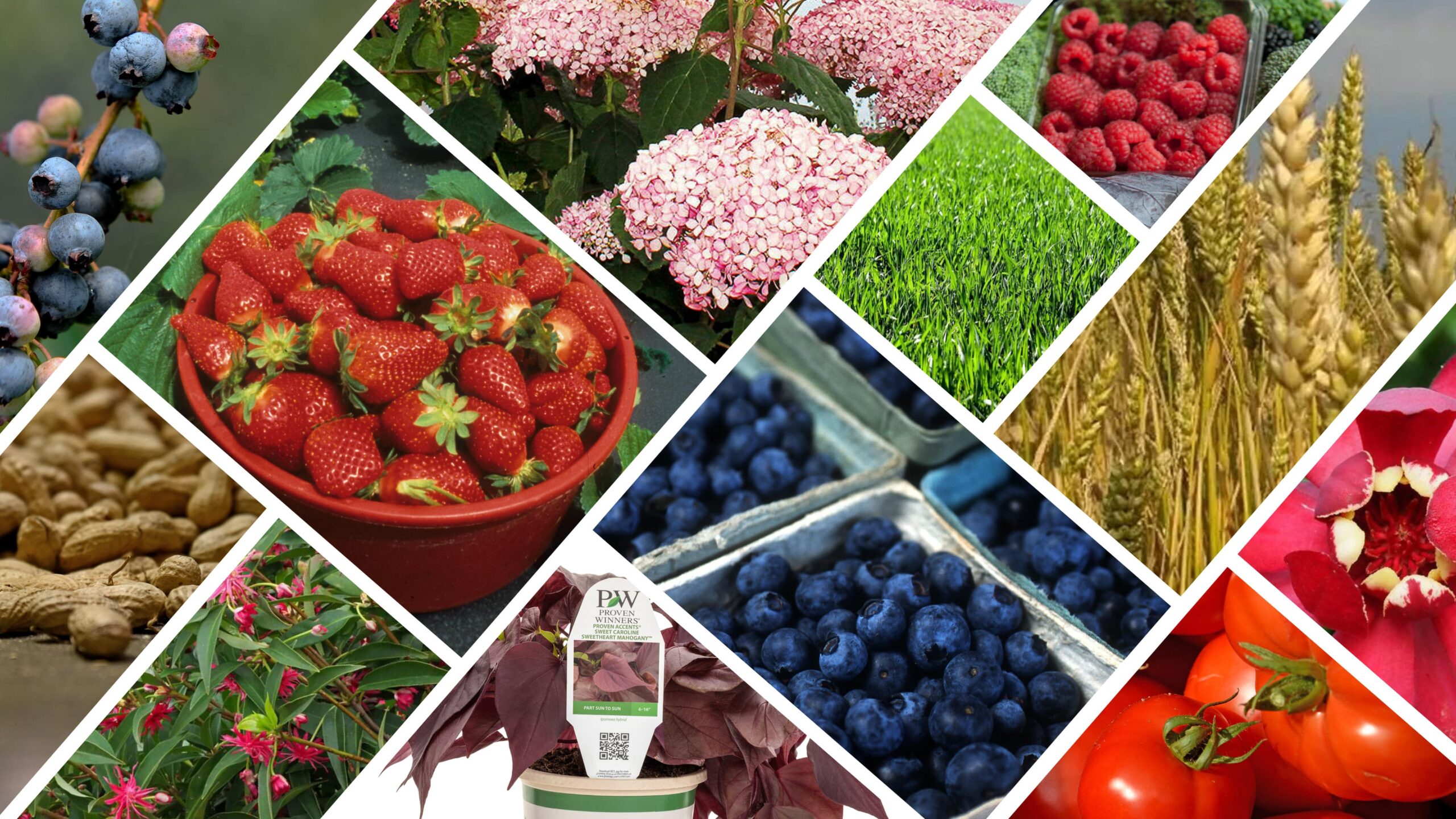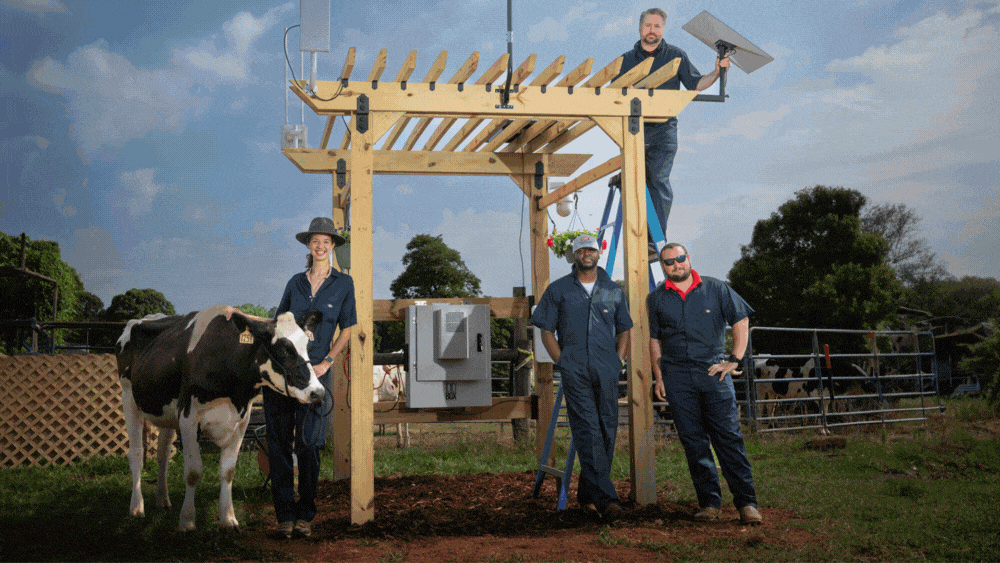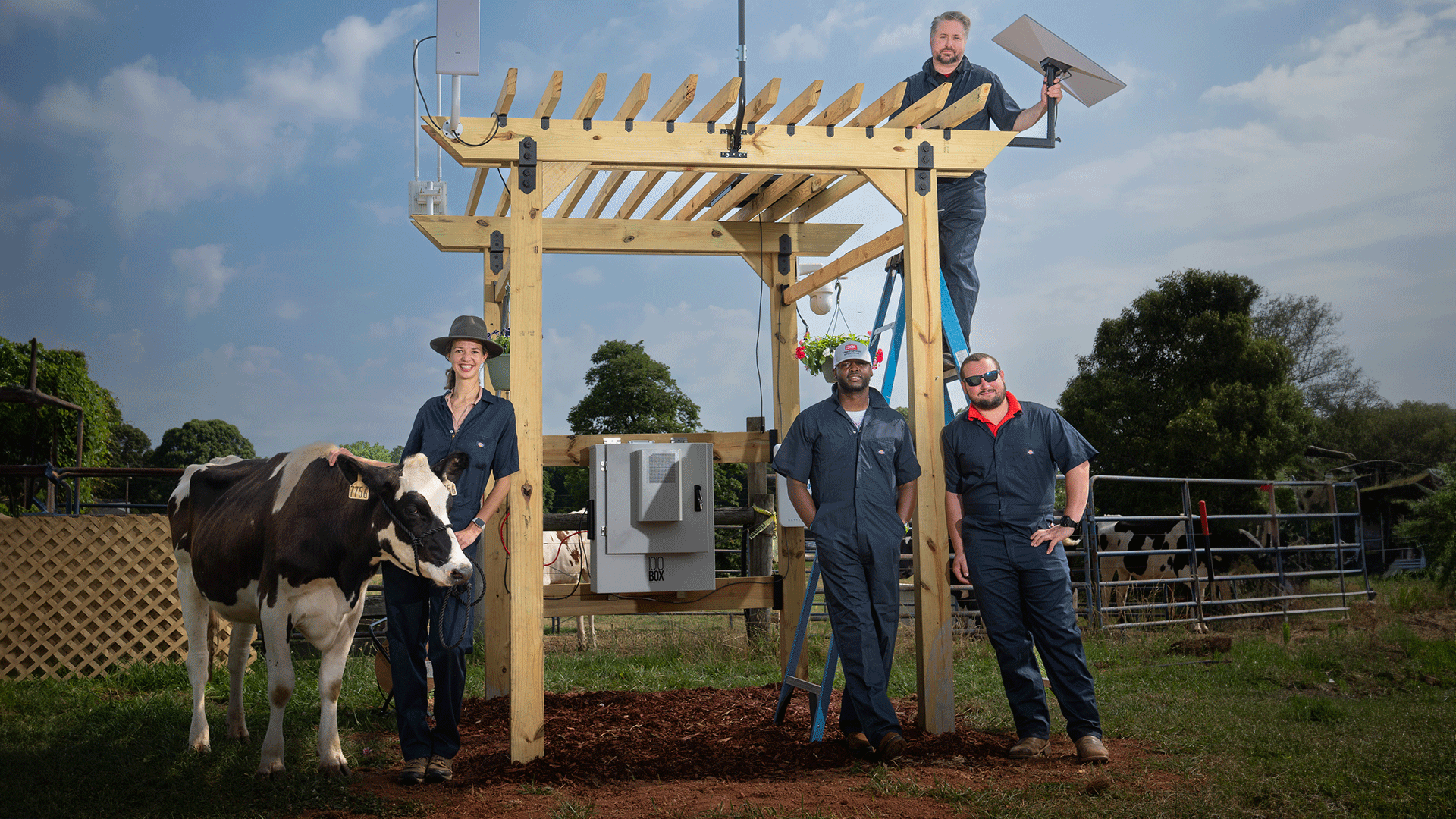How we continue to feed, clothe and beautify the world starts with cultivating resilience. The NC State Plant Breeding Consortium boasts more than 65 faculty and research associates actively developing new cultivars, germplasm and parental lines, making it one of the largest groups of plant breeders in any U.S. university. Their mission: address pressing global challenges in food security, nutrition and agricultural sustainability by cultivating high-yielding, disease-resistant plant varieties.
“We’re building a vibrant ecosystem for interdisciplinary research collaboration around the country and the world,” says Carlos Iglesias, director of the Plant Breeding Consortium. “Through shared resources, communication and training for our students and partners, we accelerate the pace of genetic improvement in a wide array of crop species to boost farmers’ profitability, enable new value chains, and foster resilience to unpredictable environments.”
NC State plant breeders are responsible for some of the most successful cultivated varieties in food and fiber crops, ornamental landscape plants, and turfgrass. The examples that follow are just a taste of the hundreds of varieties developed at the prolific Plant Breeding Consortium.
Blueberries
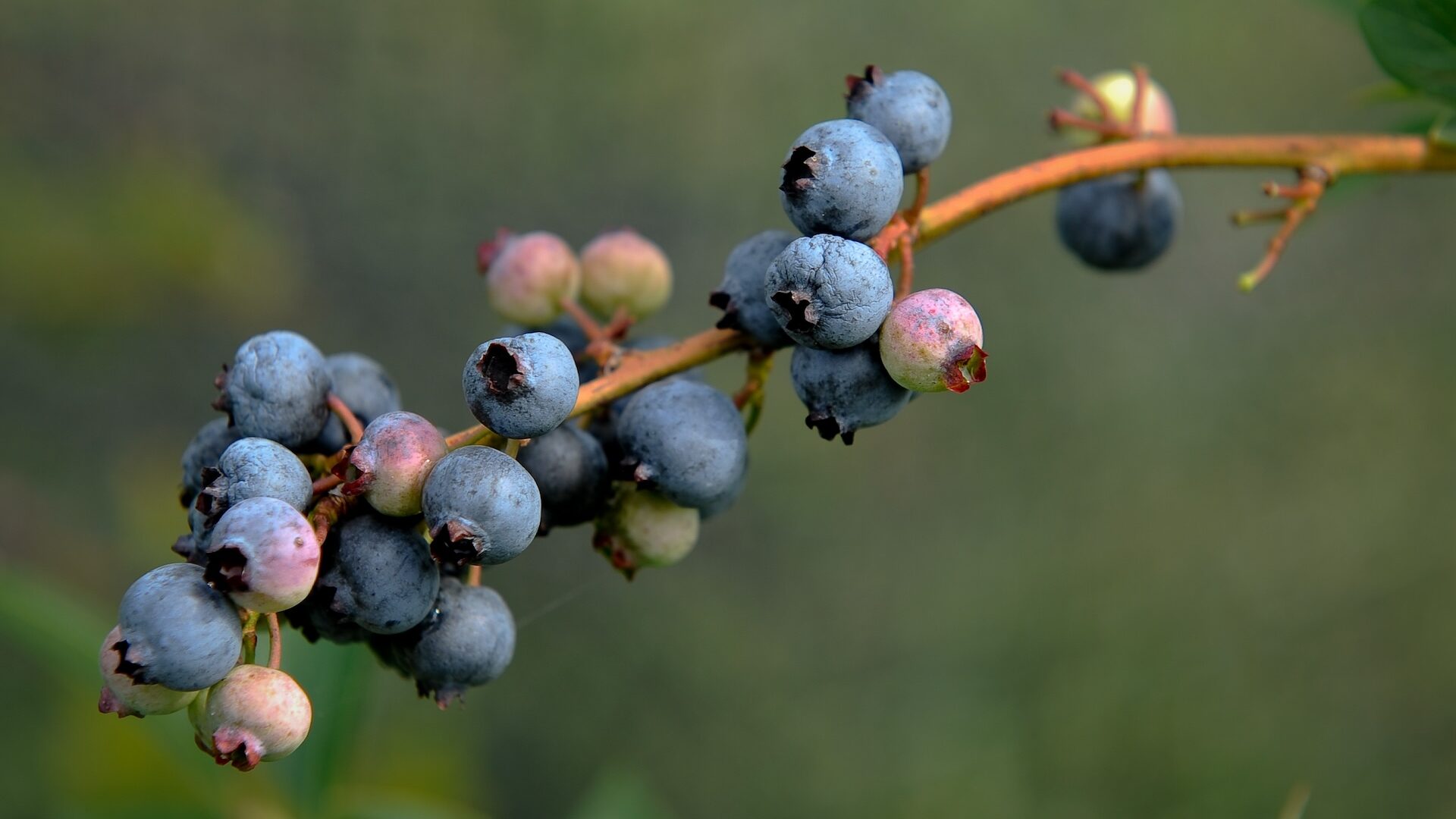
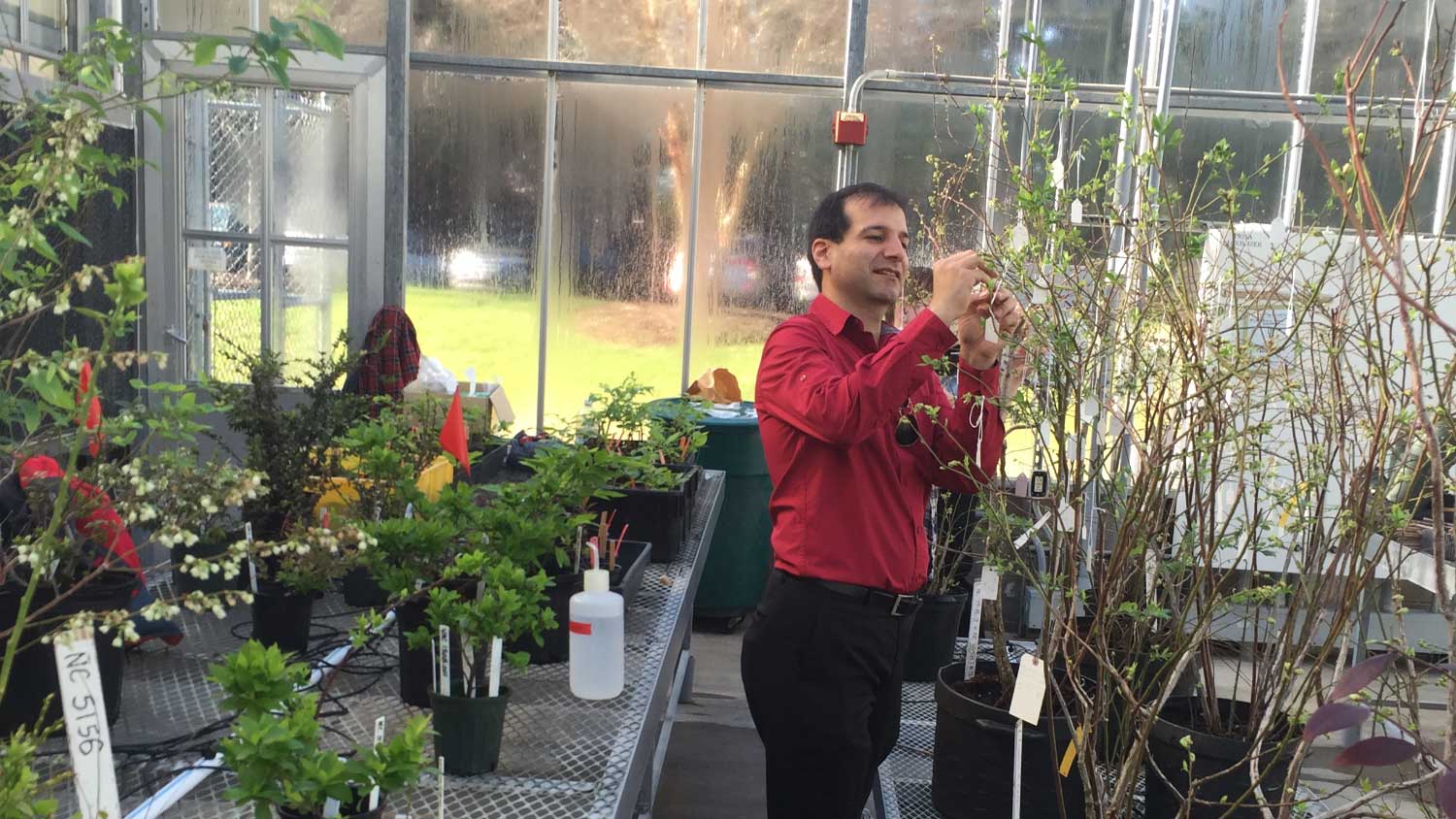
NC State researchers have worked with blueberry germplasm and breeding for 90 years. Ripe for more advancement in the field, the current program, led by Associate Professor Hudson Ashafri (pictured above), will soon bring new varieties of the antioxidant-filled fruit to the market.
Blackberries, Raspberries and Strawberries
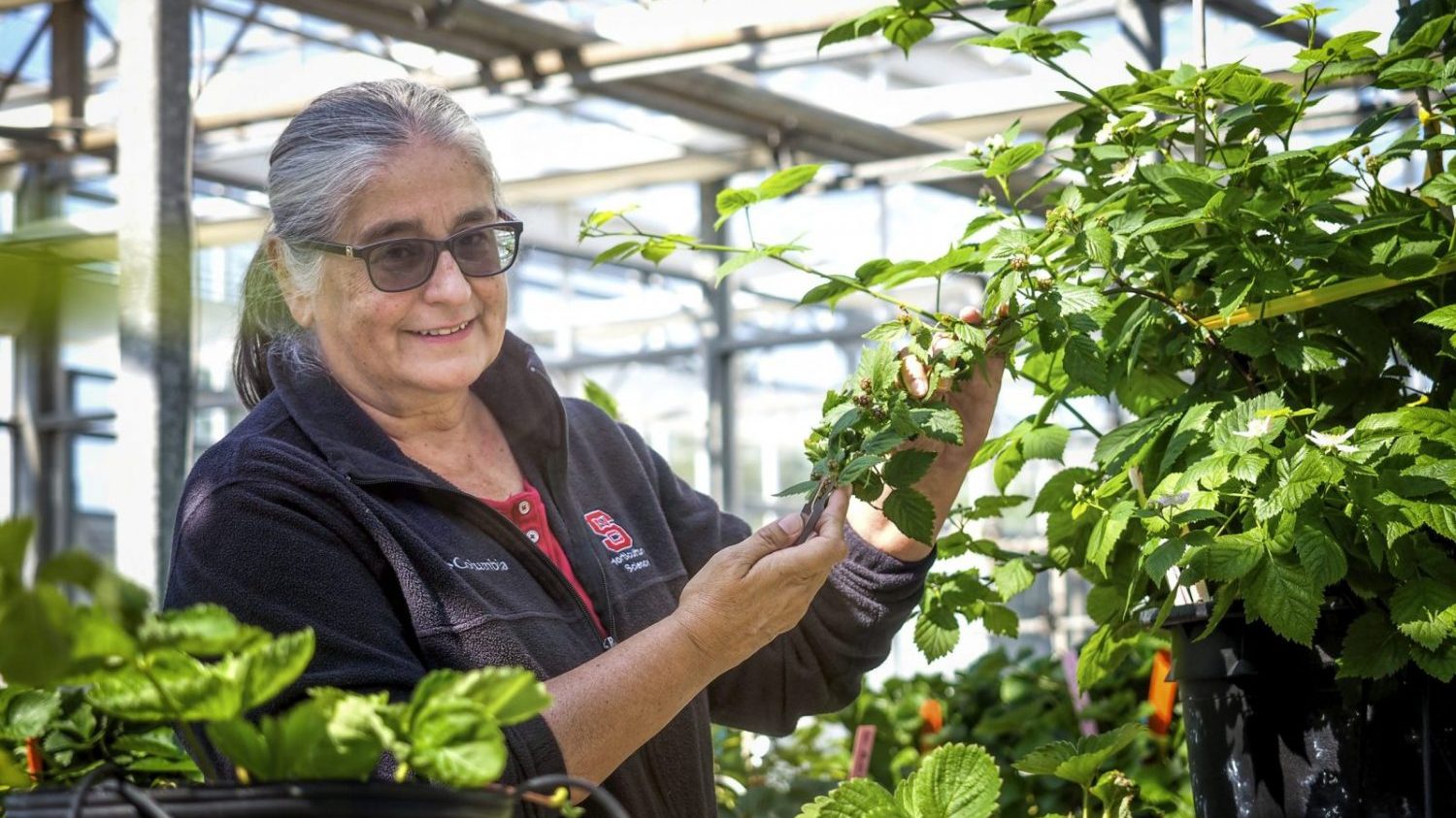

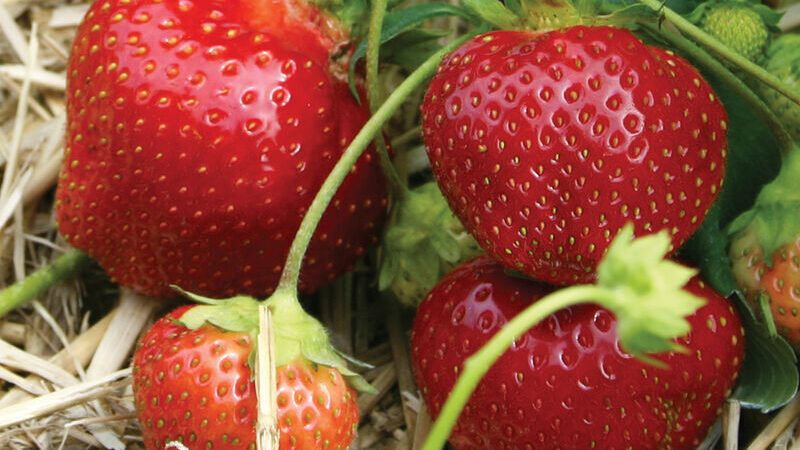
Gina Fernandez (pictured above), John D. and Nell R. Leazar Distinguished Professor, tests new breeds of strawberries, raspberries and blackberries at four NC State research stations. The goal is to develop fruit that is disease-resistant, tastes great, and is adaptable to climates in various regions of the state.
Ornamentals
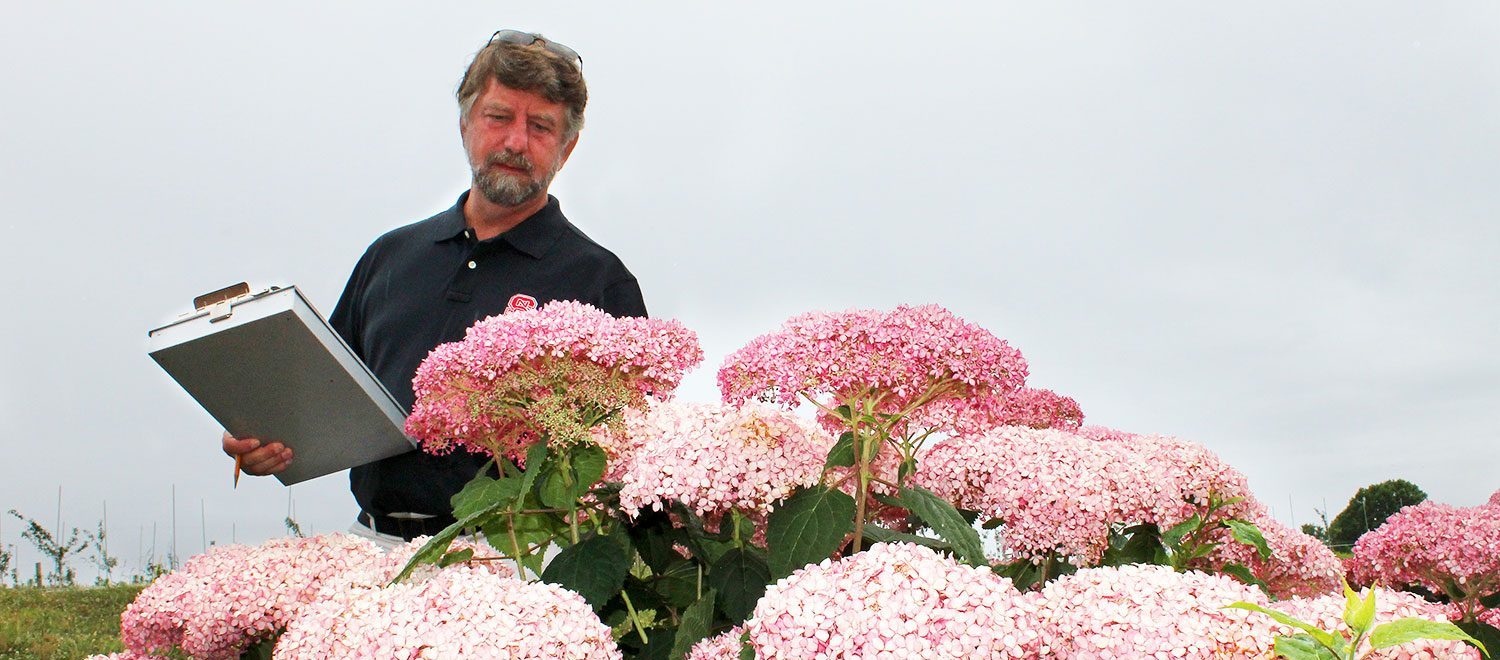
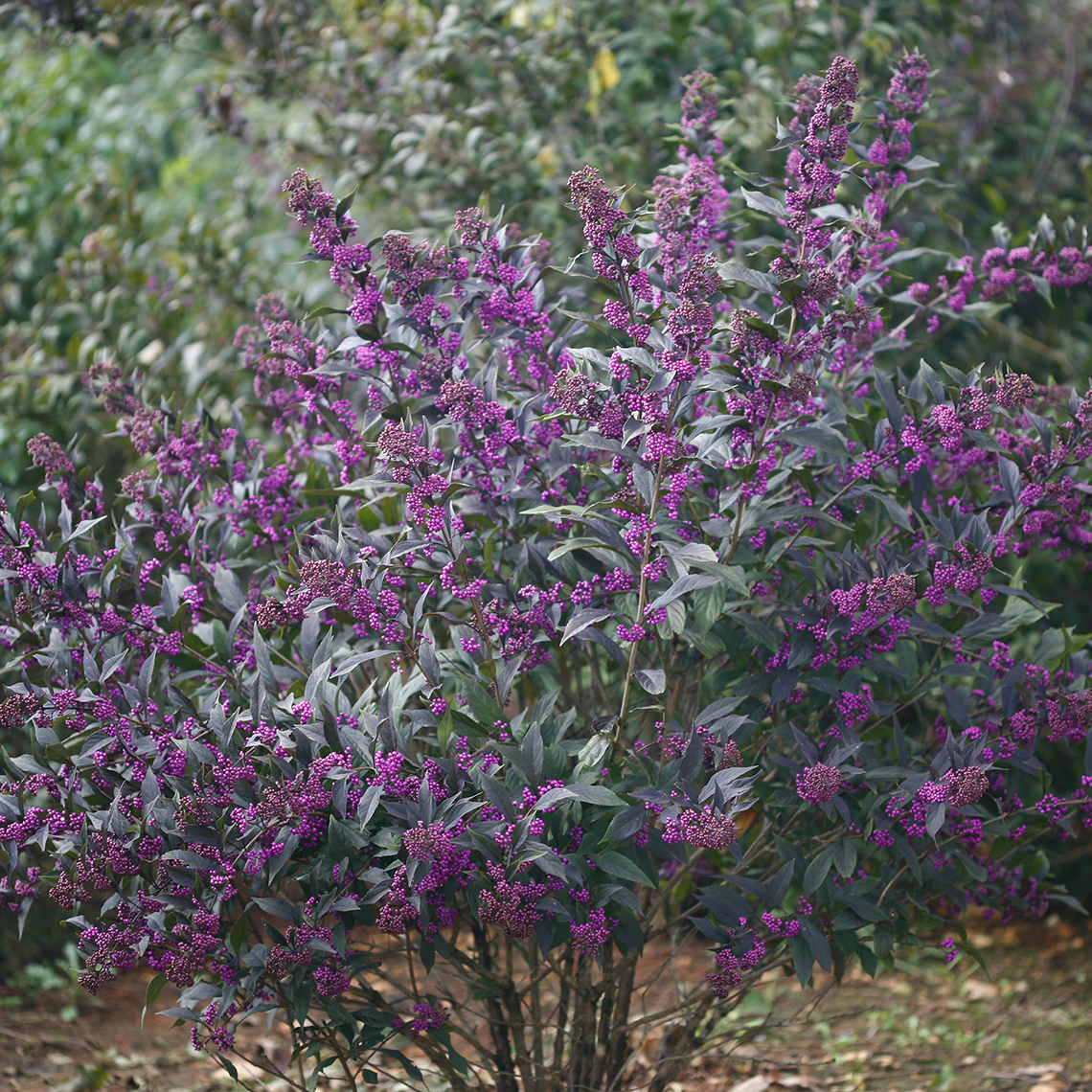
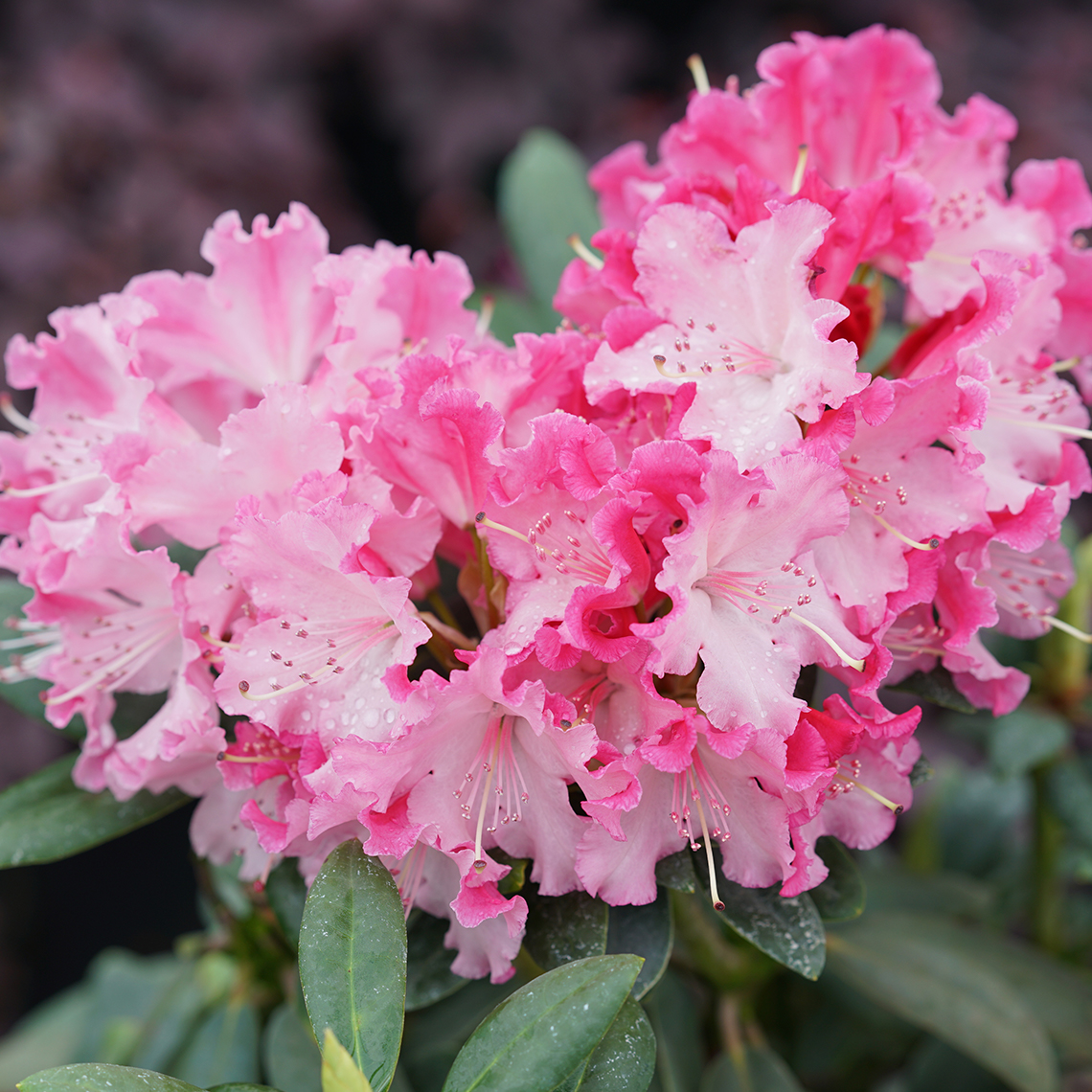
Colorful nursery crops — like these hydrangeas, azaleas and beautyberry — are the handiwork of JC Raulston Distinguished Professor Tom Ranney (pictured above), who has introduced more than 30 new plants and generated some $2.5 million in royalties for NC State during his 35 years with the Ornamental Breeding Program.
Peanuts
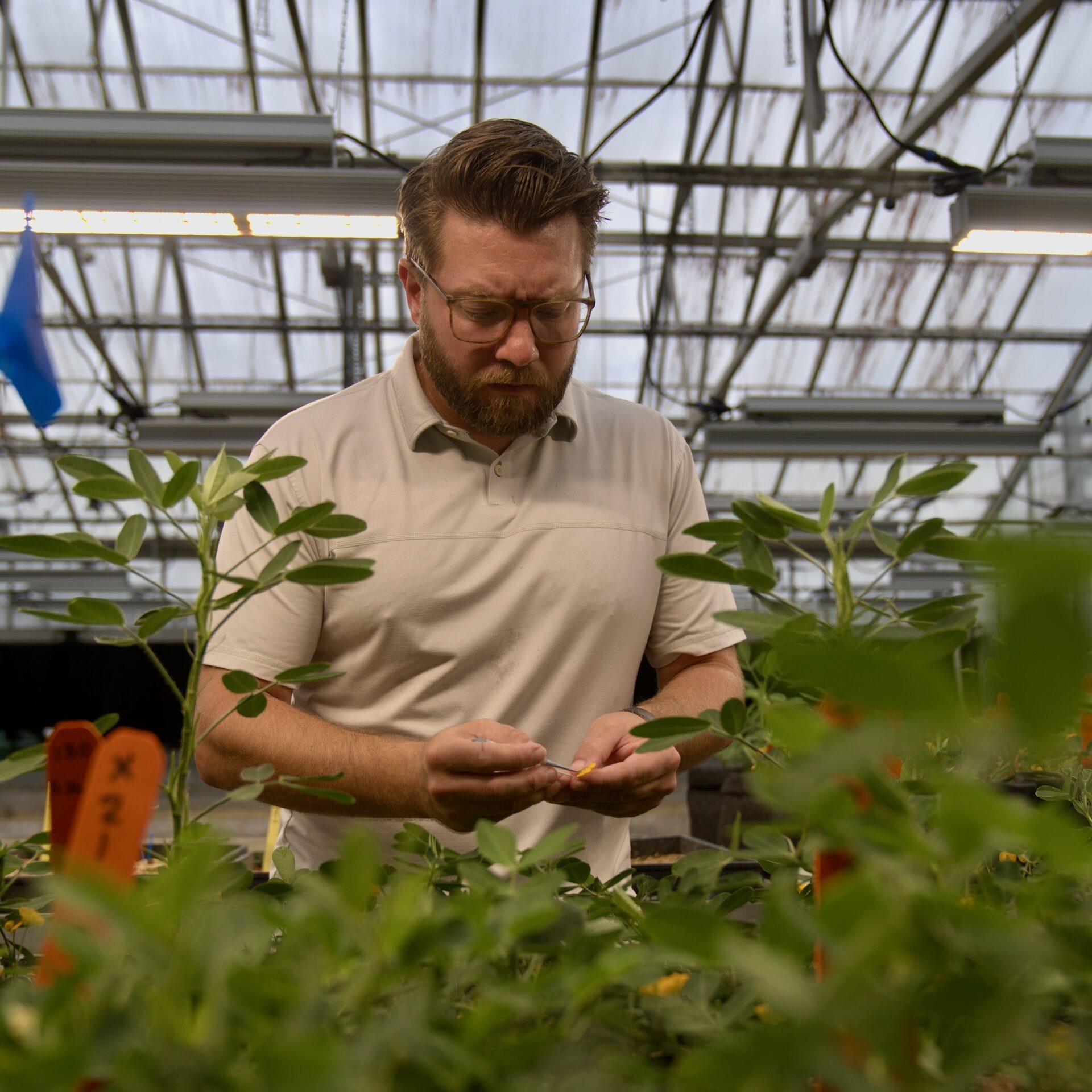
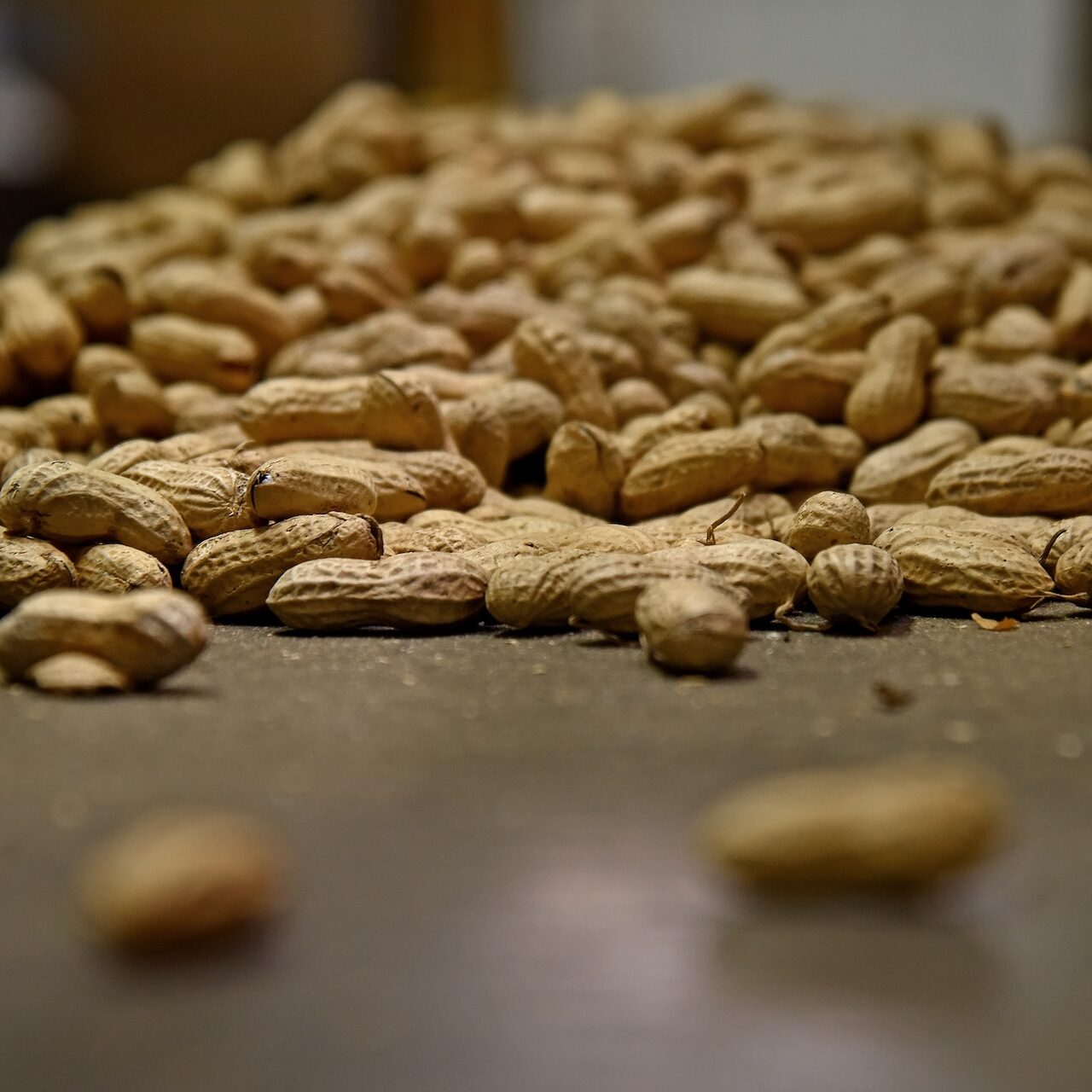
Assistant Professor Jeffrey Dunne (pictured above) leads the NC State Peanut Breeding Program, one of the few in the country that focuses on Virginia-type peanuts. His work ensures those salted, roasted-in-shell peanuts enjoyed by sports fans at the ballpark have the right shape, color and perfect flavor profile.
Sweetpotatoes and Potatoes
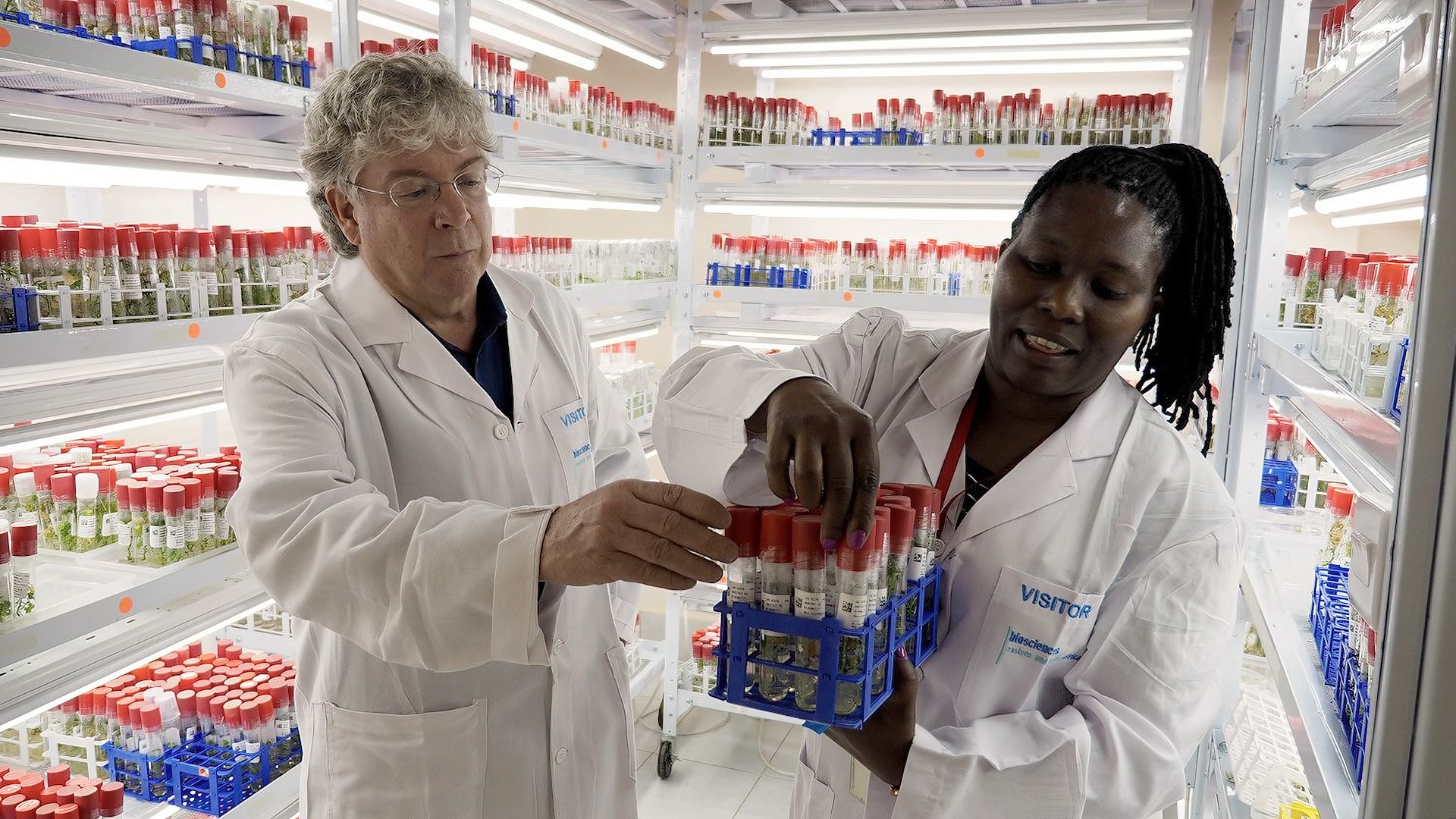
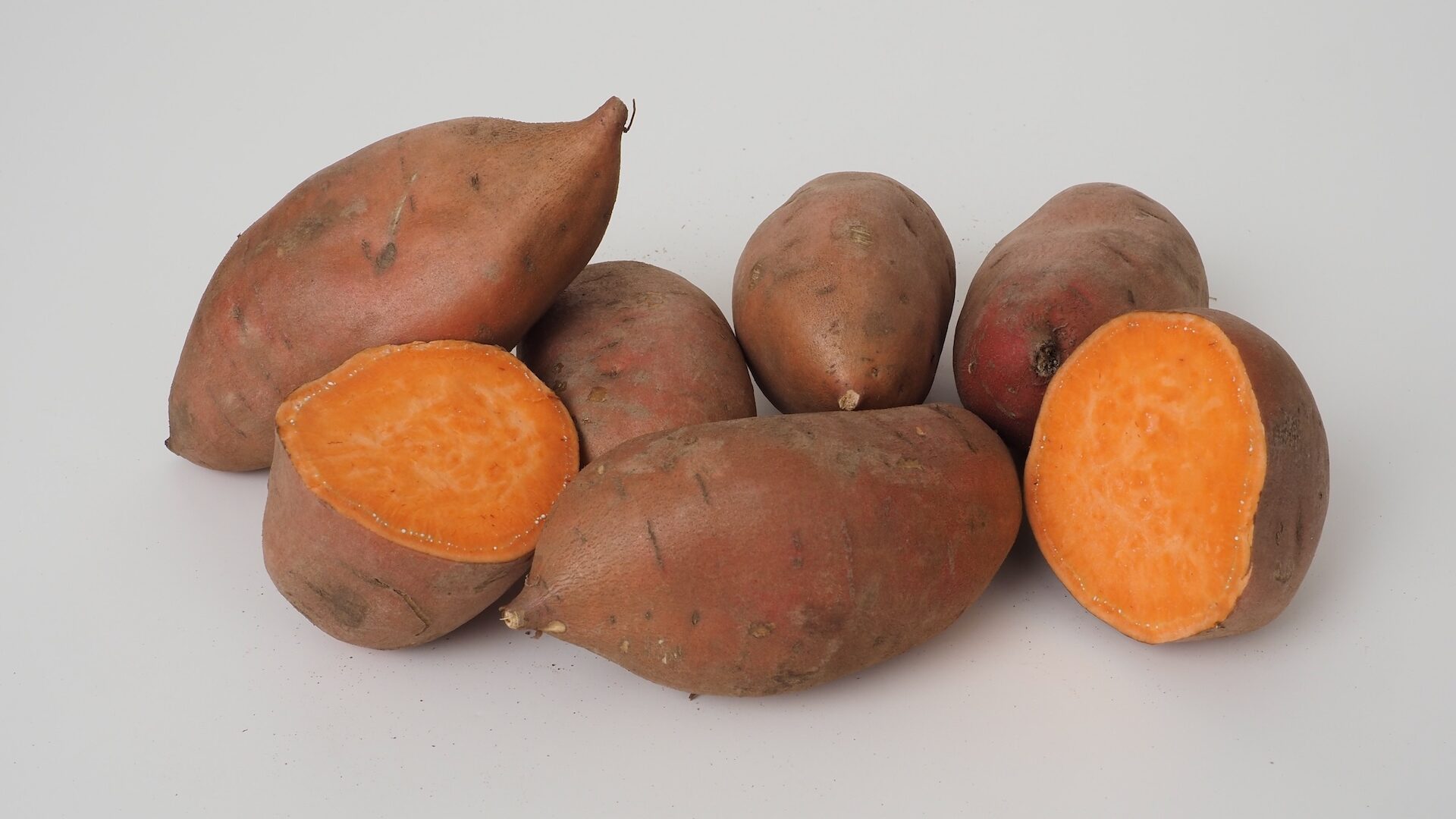
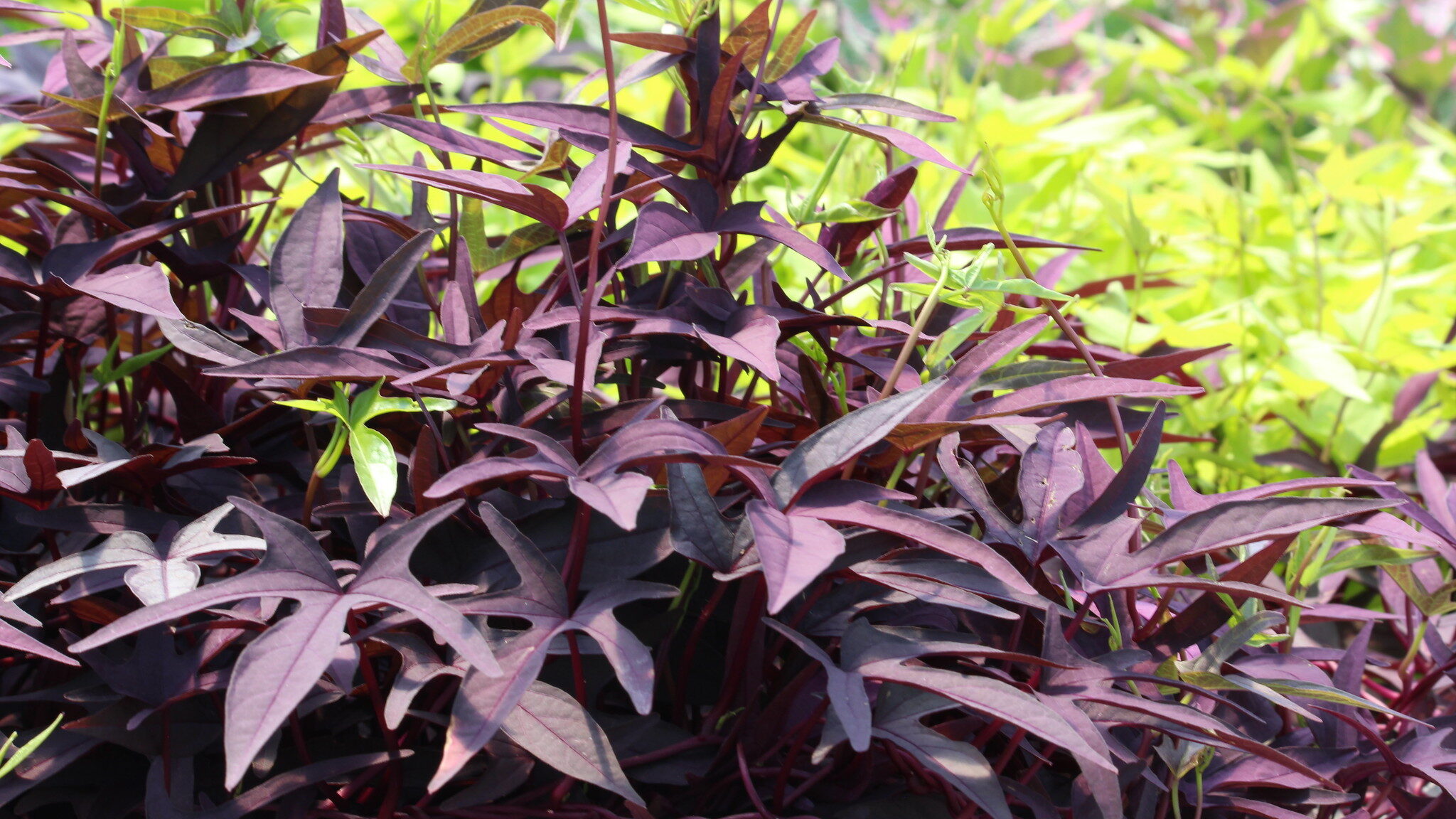
The Covington sweetpotato, released in 2005 by NC State, is a variety now grown in 90% of North Carolina sweetpotato fields, generating more than $3.5 billion in revenue for the state. NC State’s program, spearheaded by William Neal Renoylds Distinguished Professor Craig Yencho (pictured above, left), has released dozens of edible varieties and some 30 ornamental sweetpotatoes, including the heart-shaped Sweet Caroline Mahogany.
Tobacco
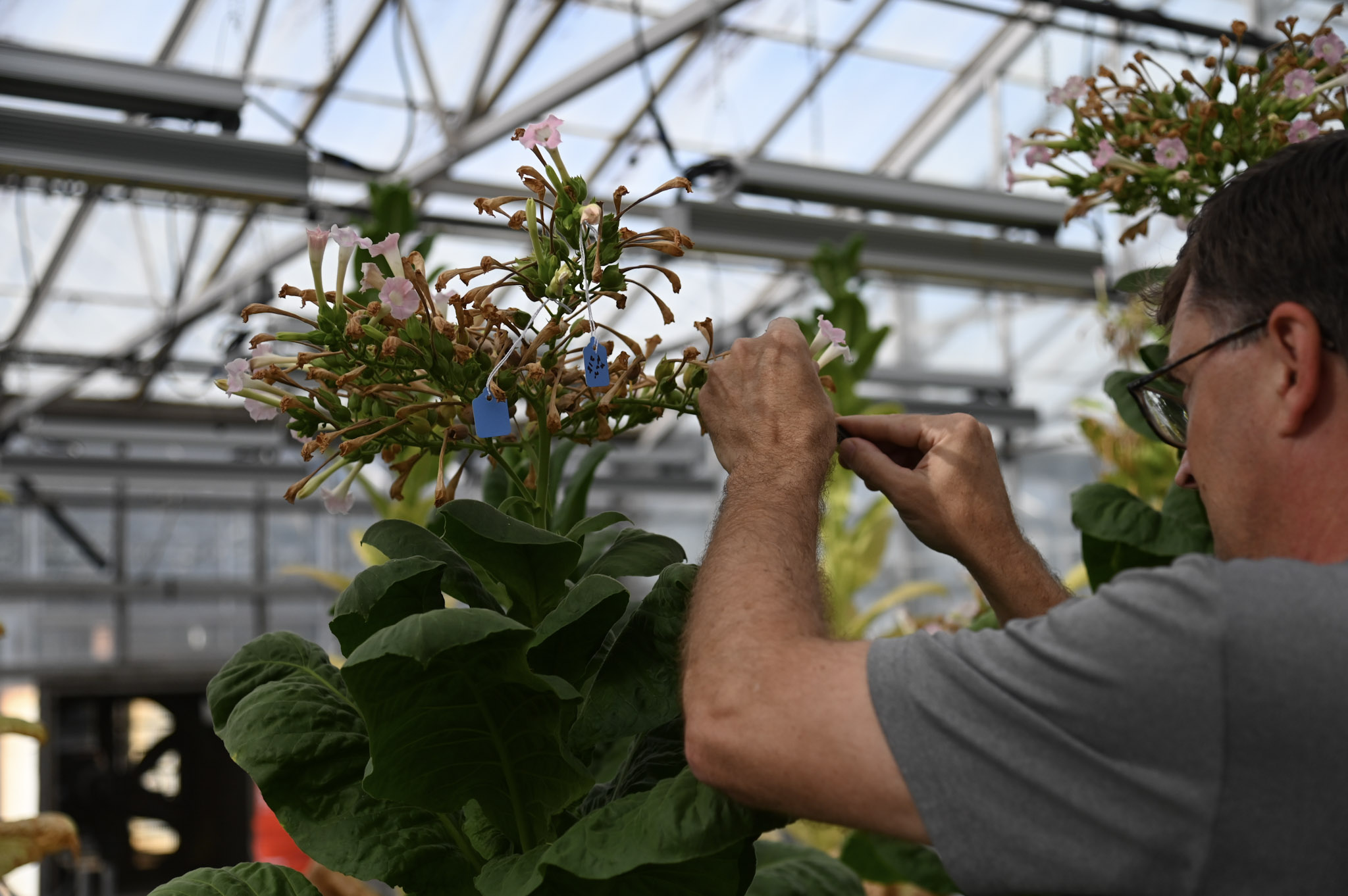
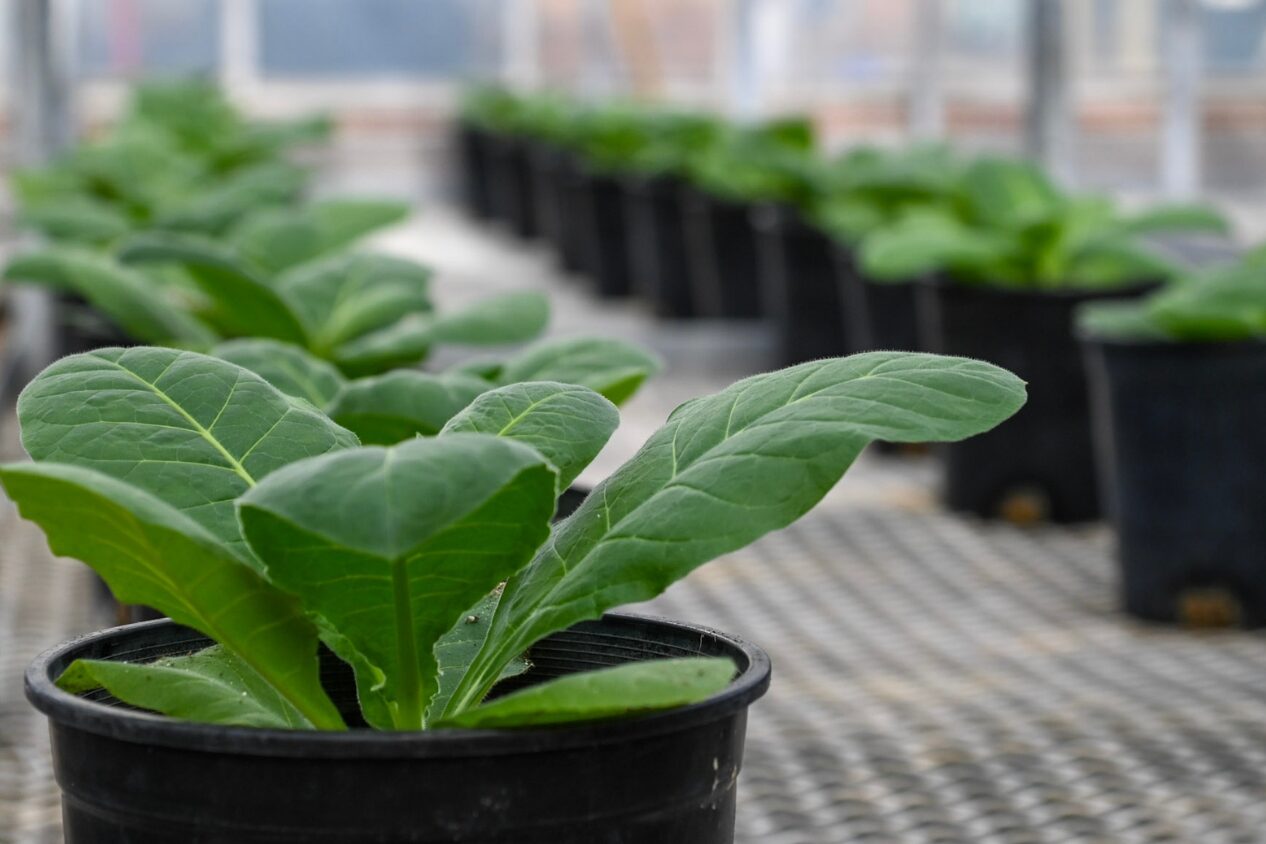
Dried, cured and sold around the world, flue-cured tobacco was North Carolina’s original cash crop. Nearly 50% of North Carolina tobacco and 70% of tobacco grown in the U.S. Southeast is grown from varieties developed at NC State. Charles and Marilyn Stuber Distinguished Professor of Plant Breeding Ramsey Lewis (pictured above) continues that work and maintains the U.S. Nicotiana germplasm collection, a seed library dating back to the 1930s.
Tomatoes
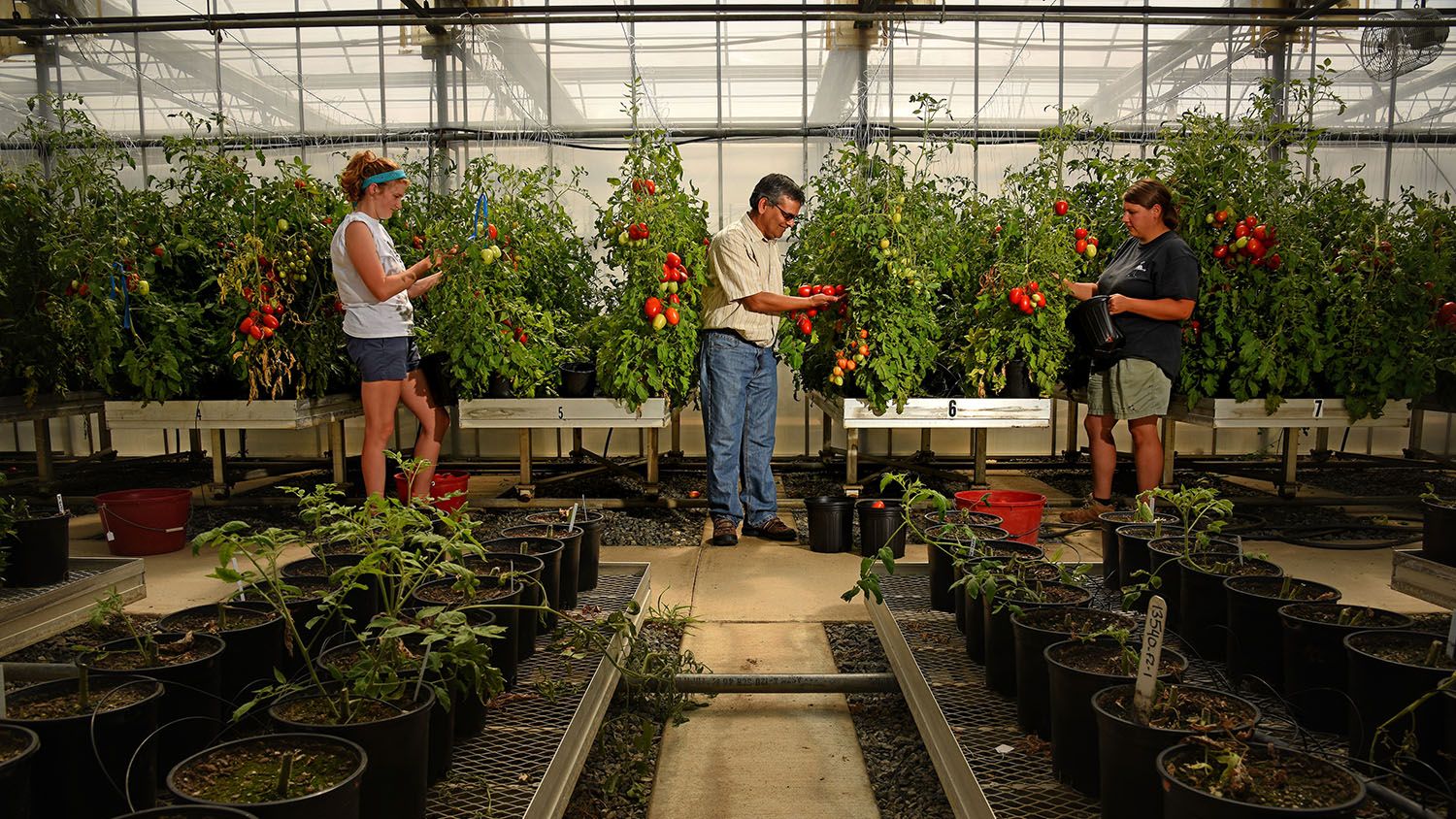
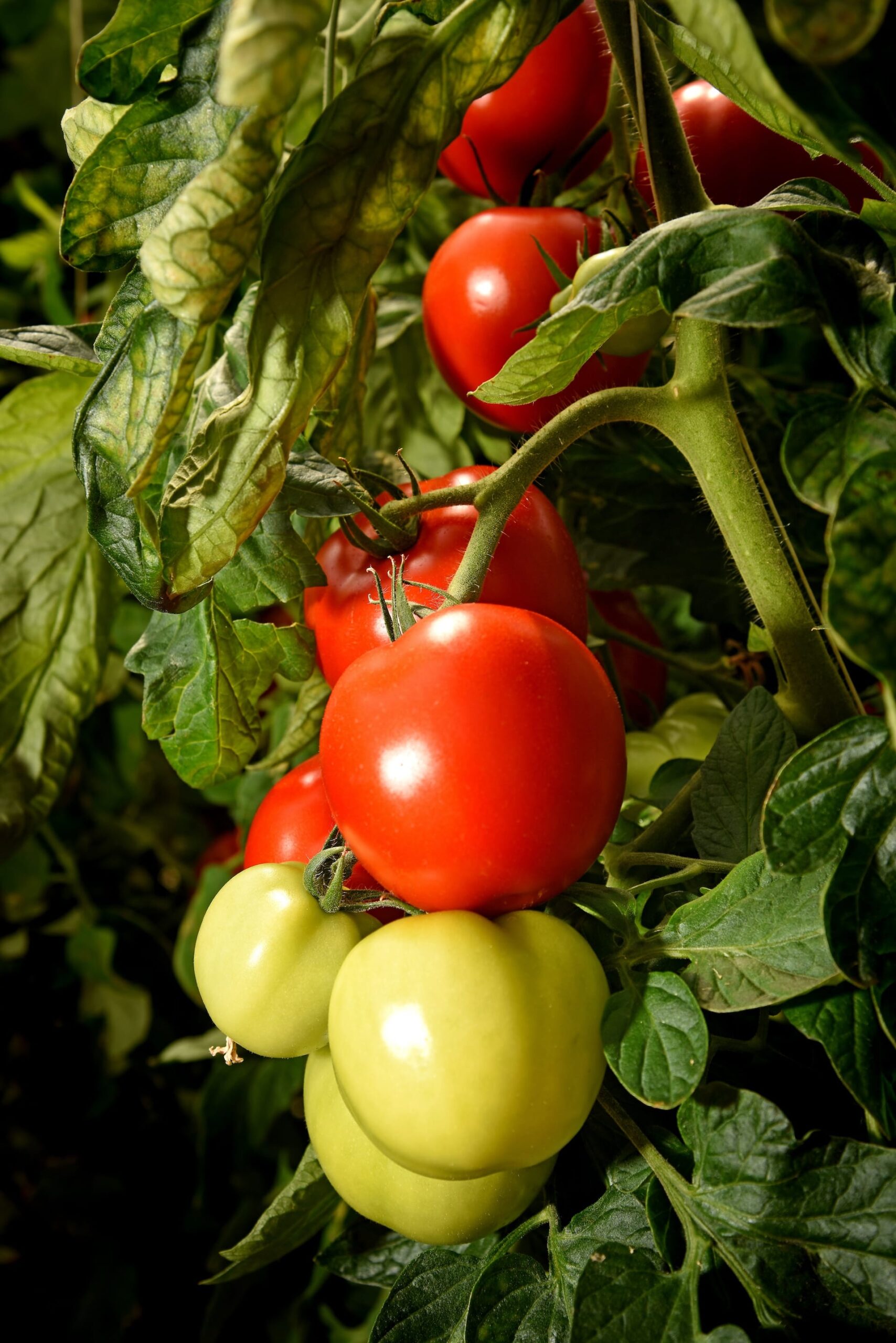
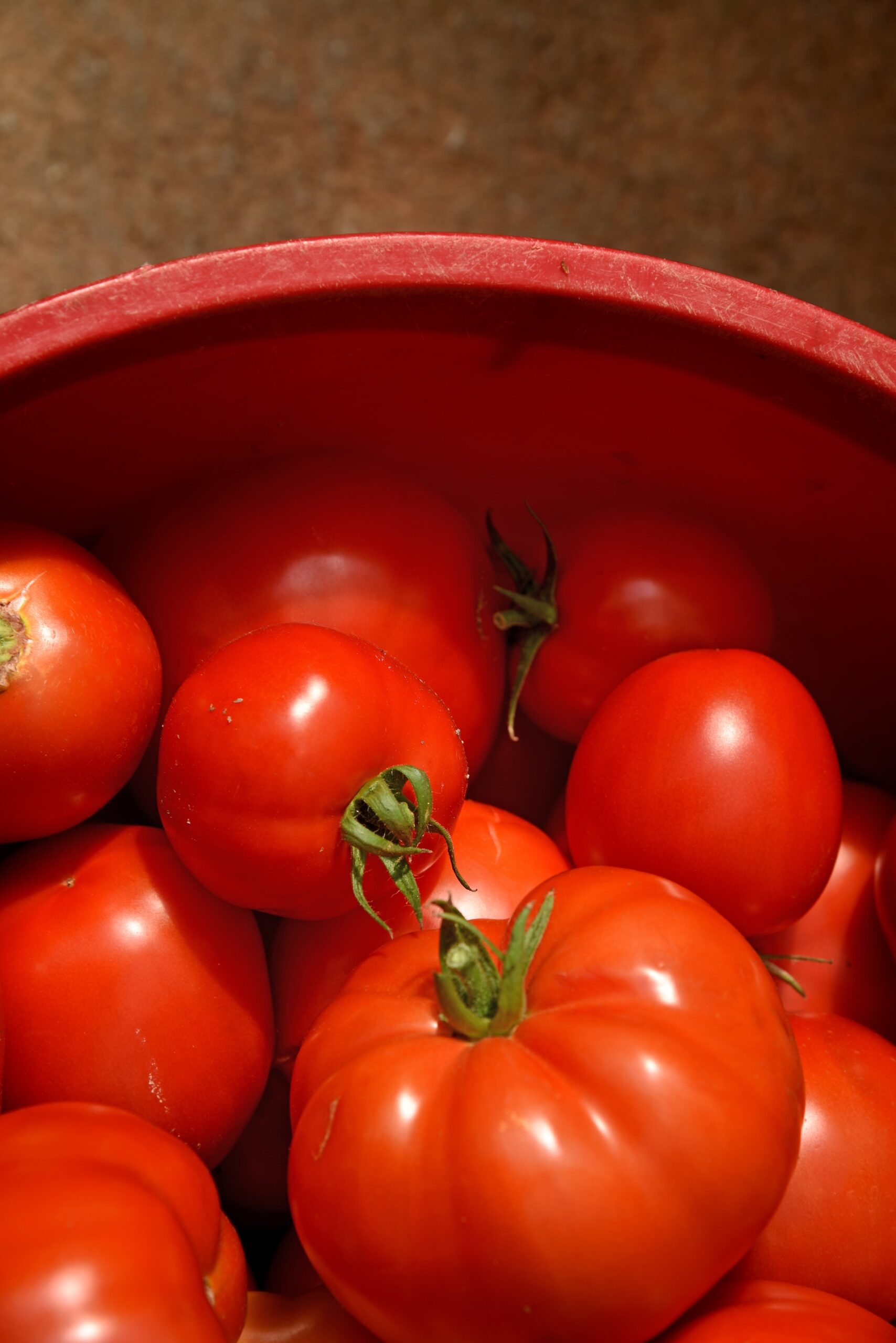
Growing tomatoes is a more than $32 million industry in North Carolina, an estimated 60% of which are NC State varieties bred to improve disease resistance, fruit quality and heat-stress tolerance in any environment. Under breeder Dilip Panthee (pictured above, center), the program has yielded more than 30 hybrids.
Turfgrass
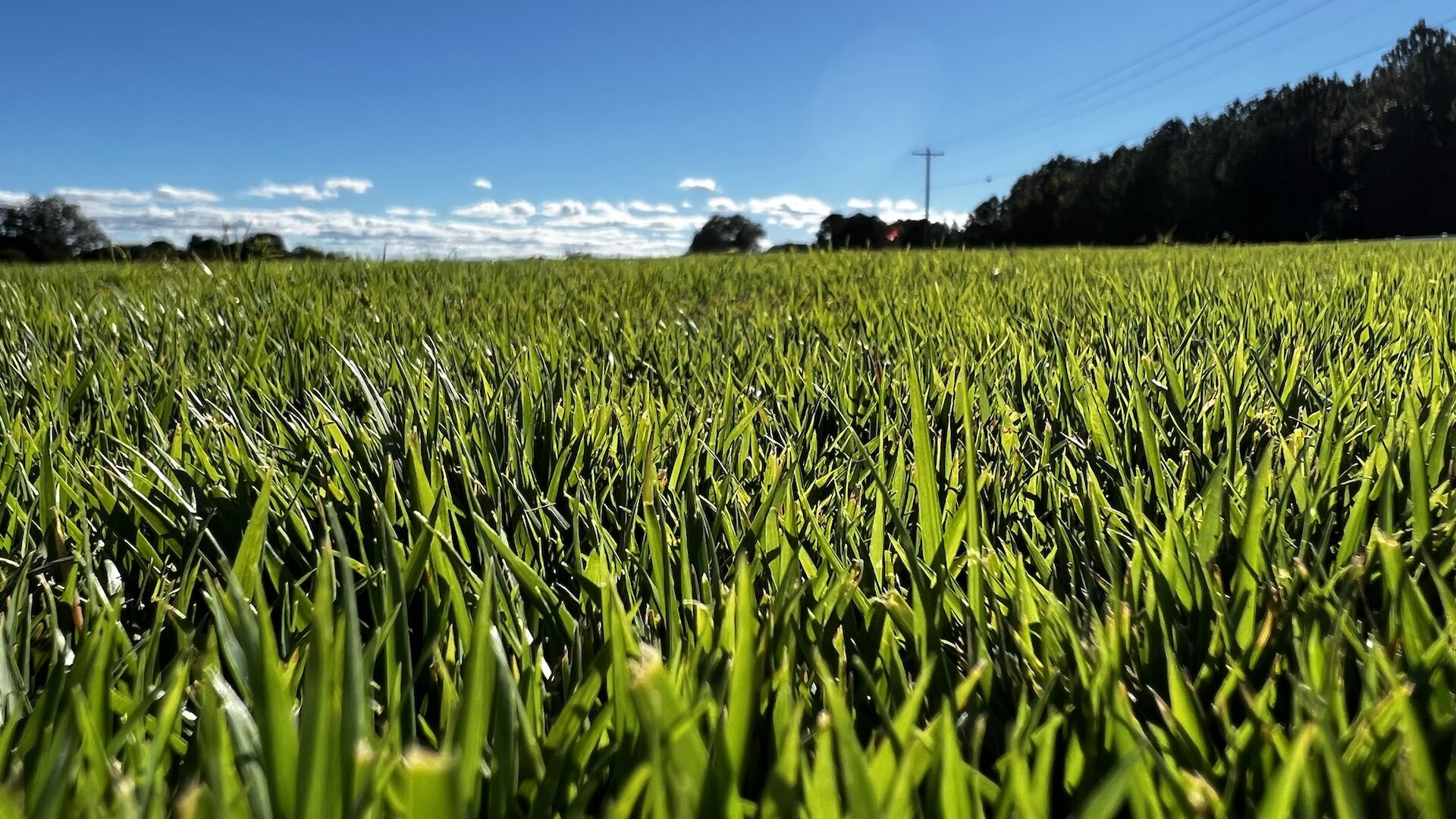
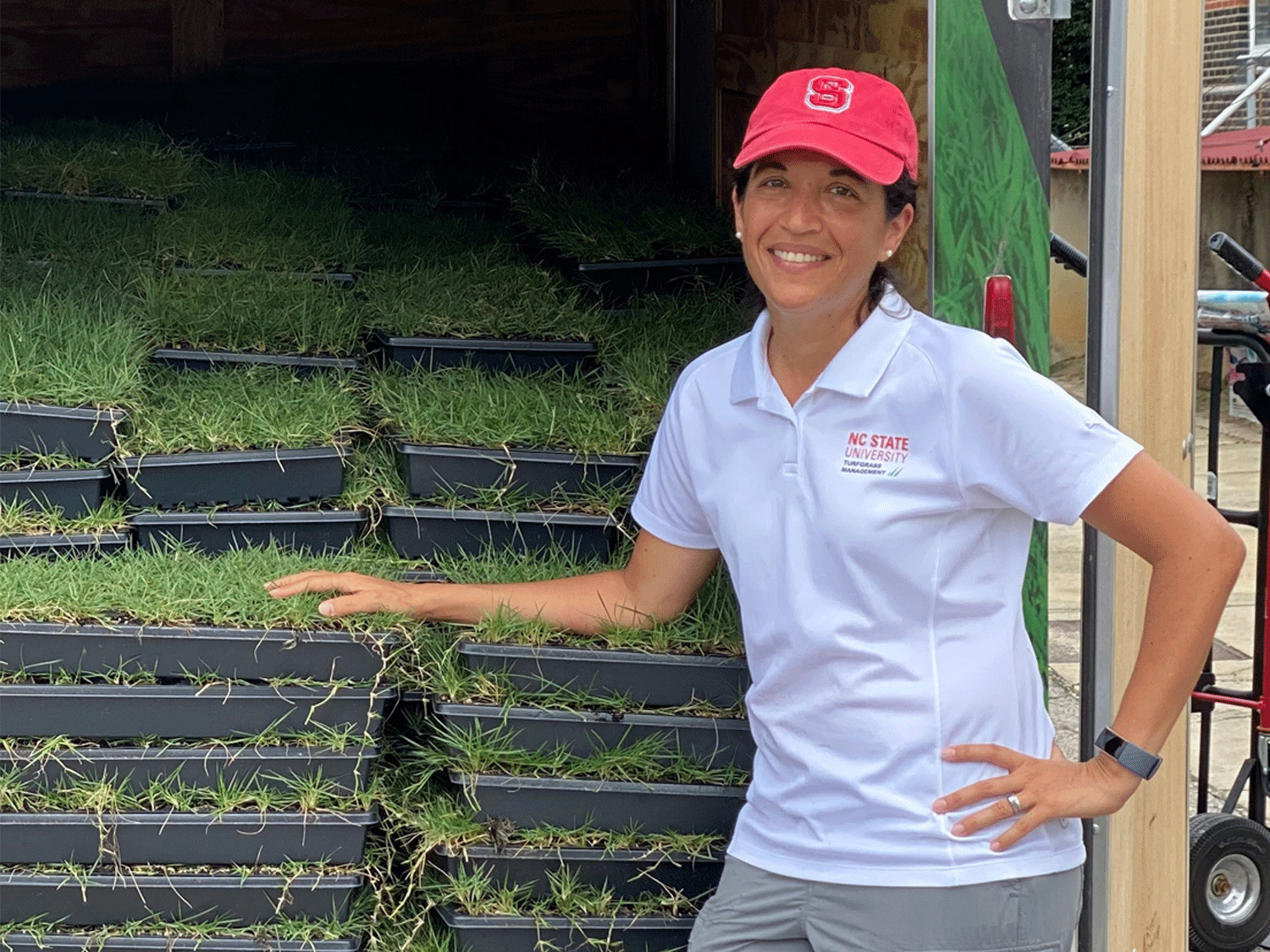

New turfgrass cultivars such as Lobo™ Zoysiagrass, developed by Professor Susana Milla-Lewis (pictured above) and her team, ensure that turfgrass stands are dense, use less water, outcompete weeds, are quick to establish and can survive across different climates.
Wheat and Small Grains
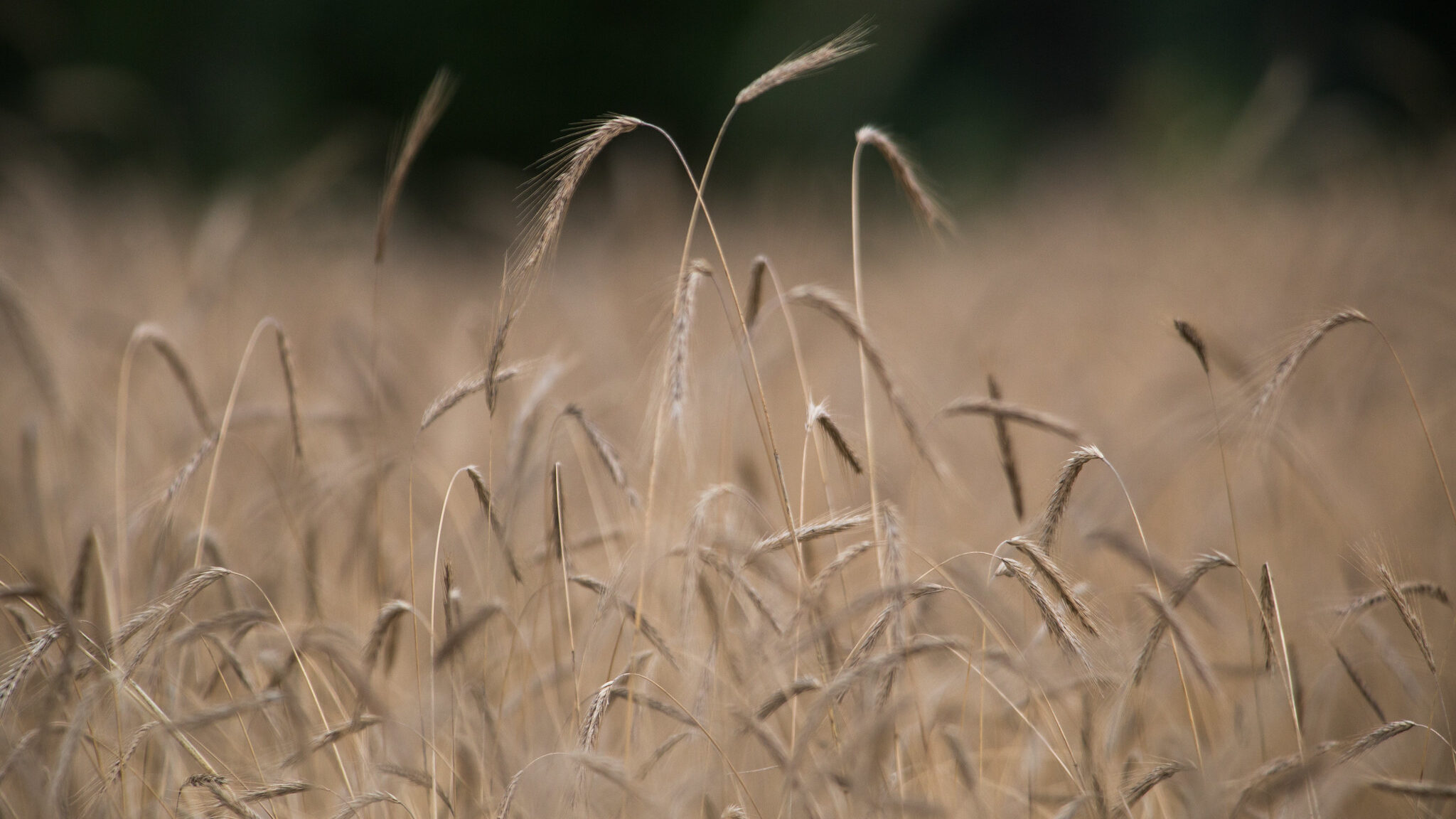
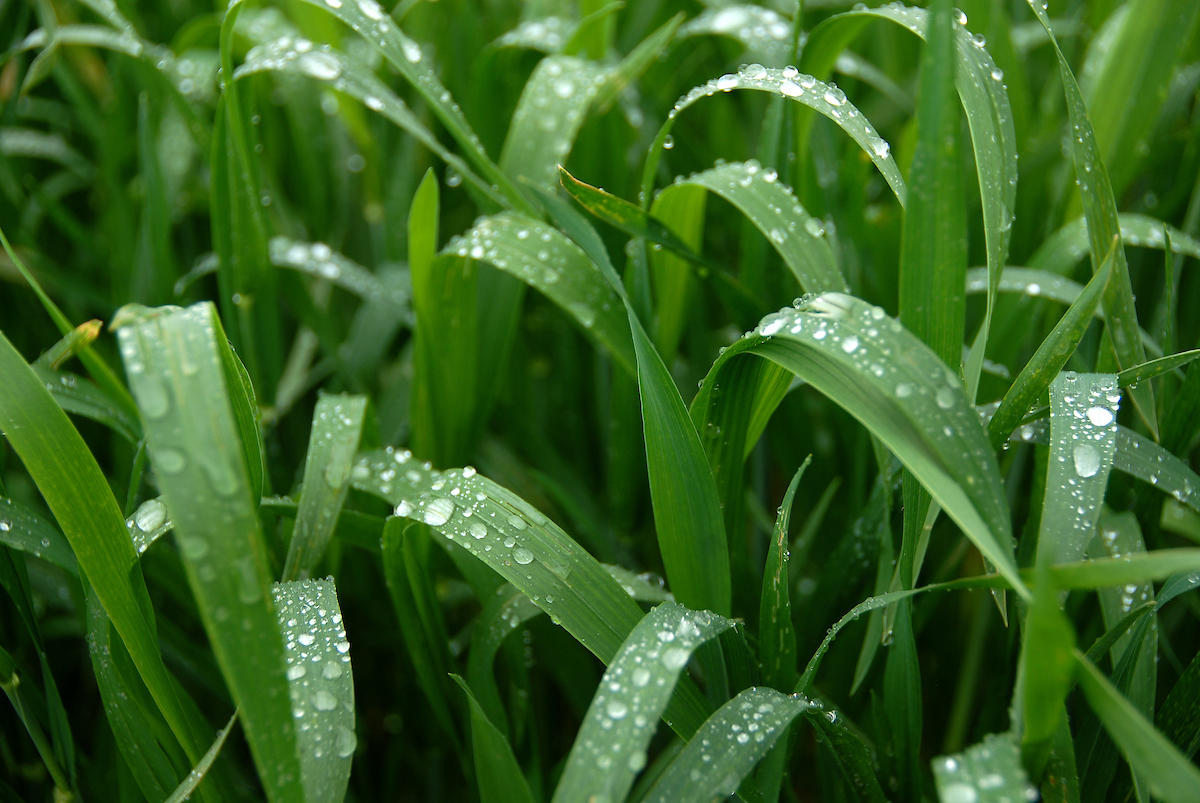
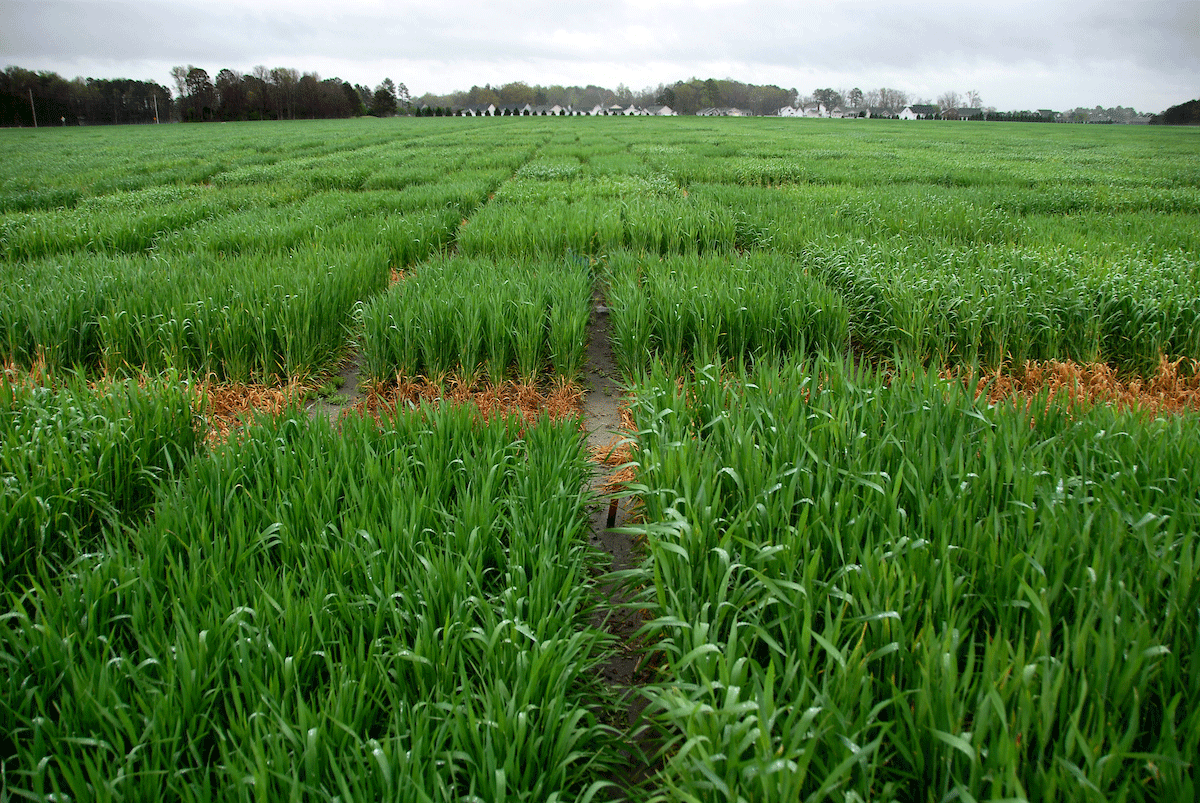
NC State’s Wheat and Small Grains Breeding Program is one of seven in the SunGrains breeding cooperative, the largest coordinated public breeding effort in the U.S. The group has released 77 varieties of wheat, oats, triticale and rye with the help of the USDA’s Eastern Genotyping Lab, located on NC State’s campus.
Photos courtesy of: Marc Hall, Gina Fernandez, Spring Meadow Nursery, Sam Jones, Roger Winstead and Susana Milla Lewis.
Photo collage by Patty Mercer.
- Categories:
